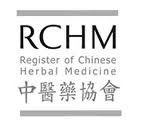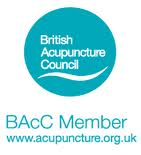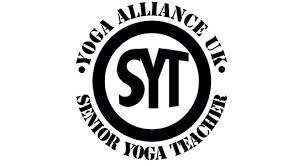Chinese herbal medicine is part of an integrated system of Traditional Chinese Medicine (TCM) that has an uninterrupted history of development dating back thousands of years in China and other parts of East Asia. The origins of Chinese herbal medicine can be traced back a few thousand years which makes it one of the oldest health care modality to-date.
In general, Chinese herbal medicine takes an wholistic approach to understanding normal function and disease processes and focuses as much on the prevention of illness as on the treatment. Most diseases or illnesses present with a core set of recognisable signs and symptoms, but the actual presentation of a particular disease or illness will vary from person to person. For this reason, people with similar health conditions may be provided with quite different Chinese herbal medicine prescriptions.

Today, there are around 500 substances commonly used in Chinese herbal medicine, most of Chinese herbal medicine used are originated from plants.
Some Chinese herbal medicine are familiar to all of us, for example ,liquorice, ginger, garlic, rhubarb, cinnamon, and chrysanthemum, peony flowers that might be in the backyard gardens.
Concentrated extracts are mostly used which have been processed pharmaceutically to GMP (Good Manufacturing Process) standard which ensures potency, quality and keeps the product free from pesticides and other contaminants. These powders are taken by mixing a fixed measure with warm water, thus ensuring a safe dose is maintained. Also, it saves time from the traditional boiling of the raw herbs which usually takes the patient about an hour per bag.
If you are very sensitive to taste,the formula can be encapsulated which would be more palatable.
All the herbs used are regulated by The Register of Chinese Herbal Medicine which ensures that no substances are used from animals, minerals or protected plants, as set by The Medicines and Heathcare products Regulatory Agency .
What does the RCHM believe that Chinese Medicine can treat?
NB The RCHM's Code of Ethics, to which all RCHM members must adhere states
that: "Herbal practitioners must always be aware of the necessity to communicate with other healthcare professionals, directly or indirectly, when the expertise of such professionals fits more properly the needs of a particular patient."
RCHM members will therefore not discourage essential medical treatment for conditions where western medical supervision or advice should be sought. They will always advise patients, in the case of serious illnesses or uncertain diagnosis, to seek advice and treatment from their GP/consultant. RCHM members will also, with the patient's consent, liaise with that patient's other health professionals, where appropriate, when offering complementary treatment.
The RCHM believes that Chinese herbal medicine has a role to play in the treatment of the following conditions:
- Skin disease, including eczema, psoriasis, acne, rosacea, urticaria
- Gastro-intestinal disorders, including irritable bowel syndrome, chronic constipation, ulcerative colitis
- Gynaecological conditions, including pre-menstrual syndrome and dysmenorrhoea, endometriosis, infertility
- Hepatitis and HIV: some promising results have been obtained for treatment of Hepatitis C, and supportive treatment may be beneficial in the case of HIV
- Chronic fatigue syndromes, whether with a background of viral infection or in other situations
- Respiratory conditions, including asthma, bronchitis, and chronic coughs, allergic and perennial rhinitis and sinusitis
- Rheumatological conditions (e.g. osteoarthritis and rheumatoid arthritis)
- Urinary conditions including chronic cystitis
- Psychological problems (e.g. depression, anxiety)



